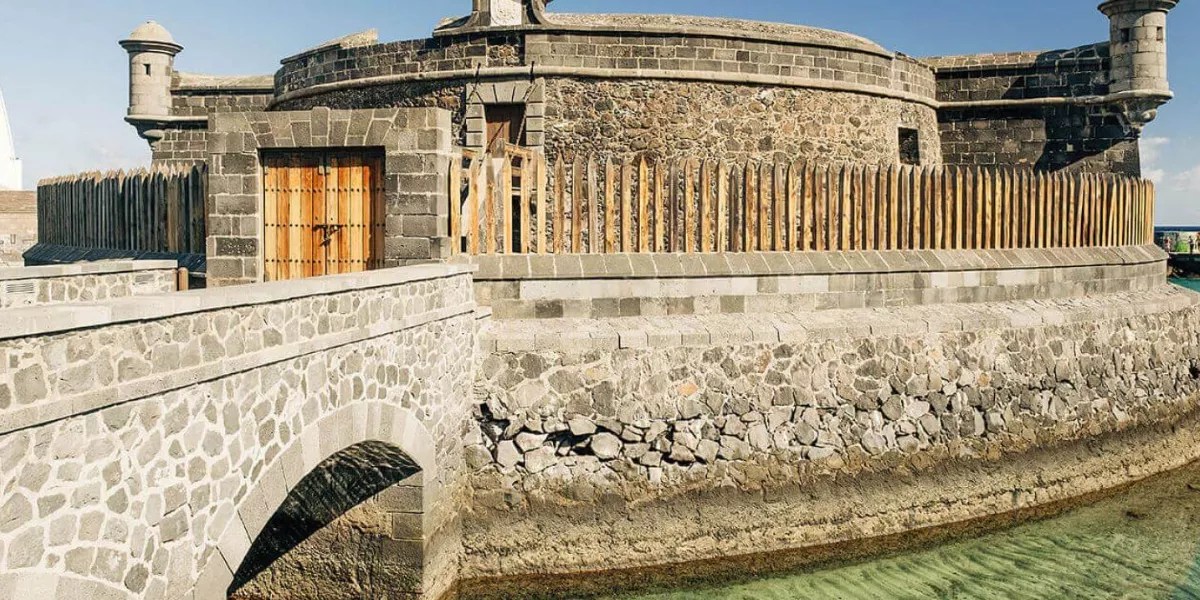Sure, here is the content translated into GB English while retaining the HTML tags:
The president of the Cabildo de Tenerife, Rosa Dávila, stated this Monday that the ecotax in the Masca ravine has led to a “radical change” in the issues of overcrowding in this protected area, with a 76% reduction in visitor numbers, from over 100,000 people per year to just over 24,000, and a revenue of 652,000 euros from ticket sales, which “lays the groundwork for future conservation initiatives that will extend to other locations like Teide, Teno, and Anaga”.
Dávila presented the results in a press conference, accompanied by the advisor of Natural Environment, Blanca Pérez, and the island director of the advisory department, Pedro Millán.
The island president indicated that “Masca is a unique place, nestled in a natural area of extremely high ecological value, integrated into the Natura 2000 Network, but it was completely overrun and today we can say that we have gone from a collapsed and dangerous environment to a model and an example of conservation, safety, and sustainability”.
In the words of Rosa Dávila, “we have gone from a collapsed and dangerous environment to a model and an example of conservation, safety, and sustainability”.
It should be noted that the party to which Rosa Dávila belongs, the Canary Coalition, has expressed opposition to implementing an ecotax on the Islands for various reasons; one being that it couldn’t distinguish between residents and visitors, which is what the Tenerife Cabildo now aims to do.
Last May, during the second Debate on the State of the Island, Dávila commented that “until a year ago, there was no talk in Tenerife about ecotaxes, quotas, electric shuttles, or environmental police. Today, many of those ideas are already a reality”, overlooking the intense debate on the island over the past three years about the management of the National Park since the Canarian Government drafted a Plan of Use and Management of the National Park (PRUG), which sparked a heated debate and highlighted the need to, for example, limit vehicle access and use shuttle buses.
For her part, Blanca Pérez said that the primary objective of the ecotax “is to facilitate the conservation of the natural area” and noted that the 652,000 euros collected from visits “have been reinvested directly in the conservation of the ravine, maintenance of the path, the dock, the Visitor Centre, and the shuttle service”.
Additionally, Pérez recalled that “the Masca Ravine was one of the black spots with the most rescues in Tenerife, with up to 20 evacuations annually. Thanks to regulation, improved signage, and the presence of control staff, interventions have significantly reduced”.
Mandatory prior reservation
The access system to the Masca Ravine Trail is regulated by mandatory prior reservation and limited capacity to 275 people daily. The ecotax implemented by the Cabildo follows a model of shared responsibility.
Access is free for residents of Tenerife, symbolic for other Canarians, and with a differentiated rate for non-resident visitors, who represent more than 95% of visitors.
Prices for residents in the Canary Islands are 3 euros (adults) and 1.50 euros (children), while non-residents will pay 28 euros (adults) and 14 euros (children), plus the corresponding IGIC.
Additionally, since April of this year, people making the full trail journey must do so by collective transport from Santiago del Teide, a measure intended to relieve congestion on the TF-436 road and reduce pressure on the Masca hamlet.
The system is completed with the sea exit from the Masca dock, included in the reservation and also regulated, allowing the journey to be safely closed without impacting on the coast.















